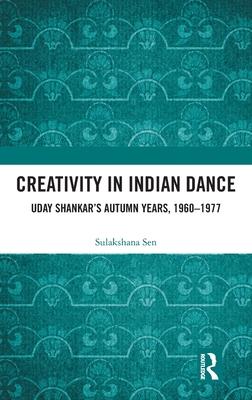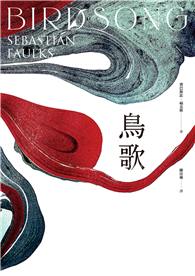Heralded as the father of Indian Creative Dance, and India’s cultural ambassador, Uday Shankar (1900-1977) was a dancer and choreographer who created a vibrant new Indian dance form without any ethno-regional centricity. Over time, Shankar’s art evolved from being a representation of the exotic East, to a narrative of modern India. This book provides a detailed study of Shankar’s works in his autumn years (1960-1977), which remain largely un-documented. It discusses the form and content of Shankar’s style, and its basic tenets - something hitherto unexplored. It also analyses Rabindranath Tagore and Uday Shankar as path-breakers of the duality in Indian performing arts traditions. The productions explored in detail are Samanya Kshati (1961), Shankar’s tour of USA, Canada and Europe in 1962, and India’s cultural diplomacy, as well as Prakriti Ananda (1966), Shankar’s last tour of USA (1968), his last masterpiece, Shankarscope (1970, 1971 and 1972), together with Shankar’s legacy.
This book is an essential read for scholars and researchers of dance history, art history, critical theory, artists’ biographies, creative arts studies, theatre and Asian performing arts studies as well as students of International Relations theory - primarily those interested in cultural diplomacy and soft power.












